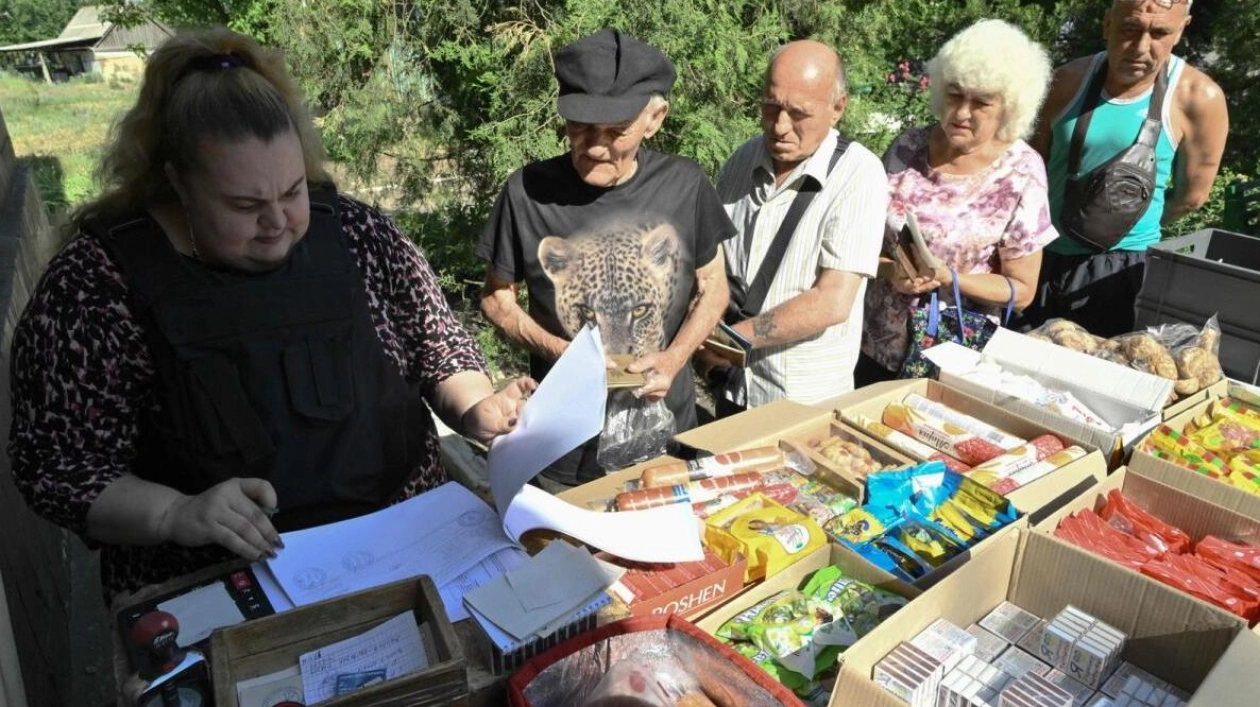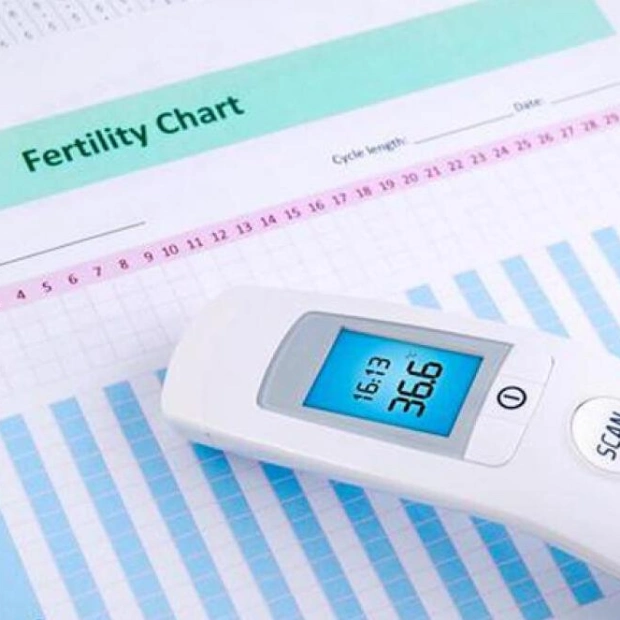As the sun rose, Ganna Fesenko put on her flak jacket and climbed into her armored van, marking the start of another typical day for the postal worker in war-ravaged eastern Ukraine.
Fesenko is employed by Ukraine's postal service and has been delivering mail to frontline towns and villages for two years. Despite this, she admits she still feels fear. "Each time I venture out, I am acutely aware that I may not return," Fesenko confided to AFP.
This fear was realized for a colleague last month when a postwoman was killed by a drone in the Kharkiv region, where Russian forces initiated a surprise offensive. Since the Kremlin's invasion in February 2022, four Ukrposhta employees have been killed and four others injured while on duty.
Fesenko continues her dangerous work because she believes it is crucial for her native industrial region of Donetsk, which has been ravaged by relentless warfare. She not only delivers letters and parcels but also essential pension and social payments, as well as medicines and groceries. "Someone has to do it. People are waiting for us," the 39-year-old explained. "In frontline towns, they're left behind."
At the first stop of her day, a group of elderly locals eagerly approached her van as it arrived at the central square in Novoselydivka. "We waited and waited for you!" one woman exclaimed. "But we're not late," Fesenko replied with a smile, distributing newspapers, coffee, pasta, and biscuits for purchase.
The pensioners shared jokes and news with Fesenko, who is sometimes seen as a savior and at other times as a target for their frustrations. "They have no one else to vent to," she explained, acknowledging that there are moments she wants to "leave everything."
Her work provides insight into the mental state of Donetsk residents, exhausted by over two years of conflict. Anastasia Kerelova, an 86-year-old in the queue, described how the war had "broken" village life. With the post office closed, Fesenko's monthly visit is vital. "Russian forces shoot every single day. It's unbearable. I'm so tired of it," Kerelova sobbed.
Kerelova still rides around the village on her blue bicycle, which she humorously refers to as her "taxi." However, others are less mobile, so Fesenko makes home deliveries. Olga, a 74-year-old with severe mobility issues, was waiting outside her house when Fesenko arrived. "Where am I going to go?" Olga asked, noting that receiving grocery deliveries from the postwoman was more convenient than going to the shop herself.
In her deserted village, there was no one to offer lifts, making daily tasks like grocery shopping nearly impossible. "People are in a desperate situation," Fesenko observed.
She recounted how an elderly woman with disabilities in Ocheretyne, now under Russian control, lived for six months in a cellar without leaving once. "We went down to the basement and delivered her pension. Where would she go? What ATM or at what bank would she be able to get to?" Fesenko said.
Fesenko empathizes with those who refuse to flee. "I understand these people most of all, because I myself have lost everything," she said. She left her hometown of Bakhmut in November 2022, which was captured by Russia six months later and now lies in ruins after months of devastating fighting.
Fesenko noted that the people she meets can be fatalistic. "We don't know if we will meet you again or not," they sometimes tell her. "I always tell everyone that I believe in them and we will meet again," she said. However, this promise is not always kept, as she recently delivered a pension payment to someone who was killed in shelling the next day.
When rockets strike near her vehicle, she sometimes wonders if she will be next. She has considered quitting the job she has been doing for 17 years. Ukrposhta's regional director, Maksym Sutkovy, mentioned that other frontline postal workers have wanted to quit and are offered jobs in the relatively safer western Ukraine.
For now, Fesenko remains committed. "I love the job. I love the people. No matter how hard it is sometimes," she said. "Without that approach, it's impossible to work here."






